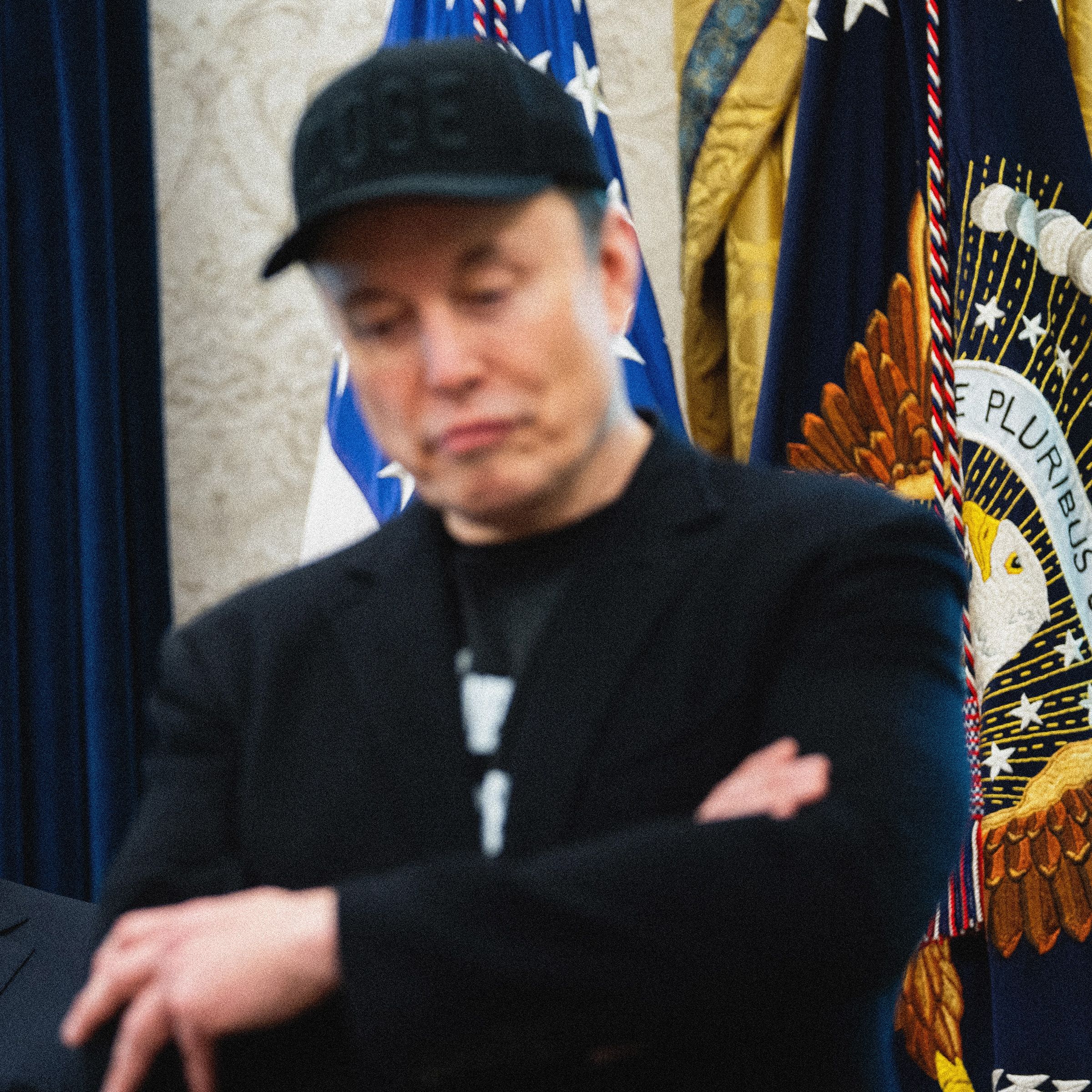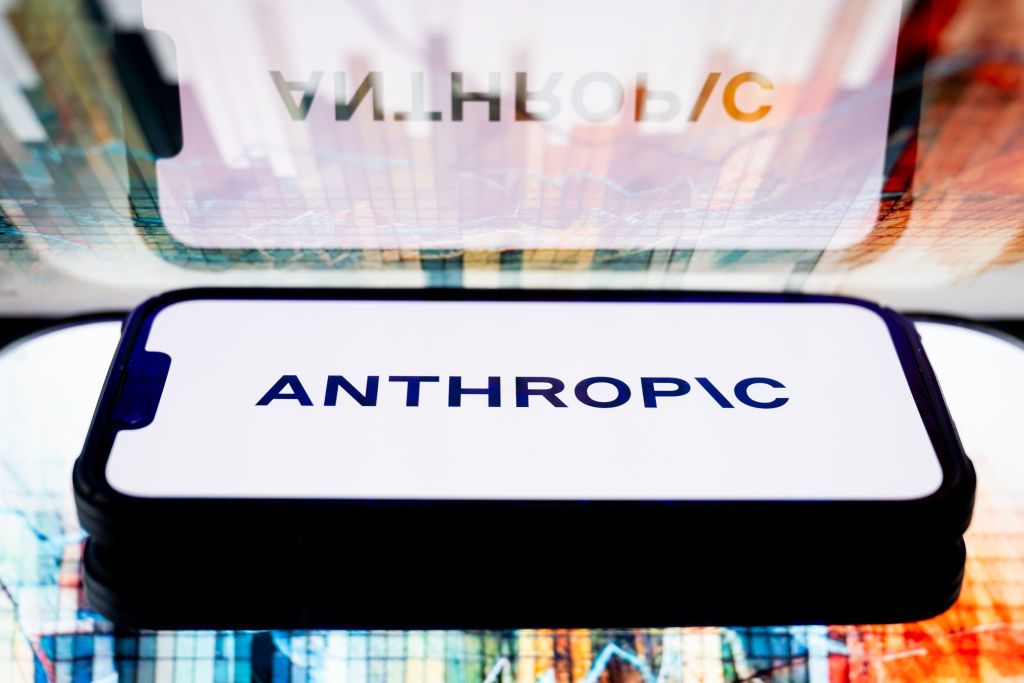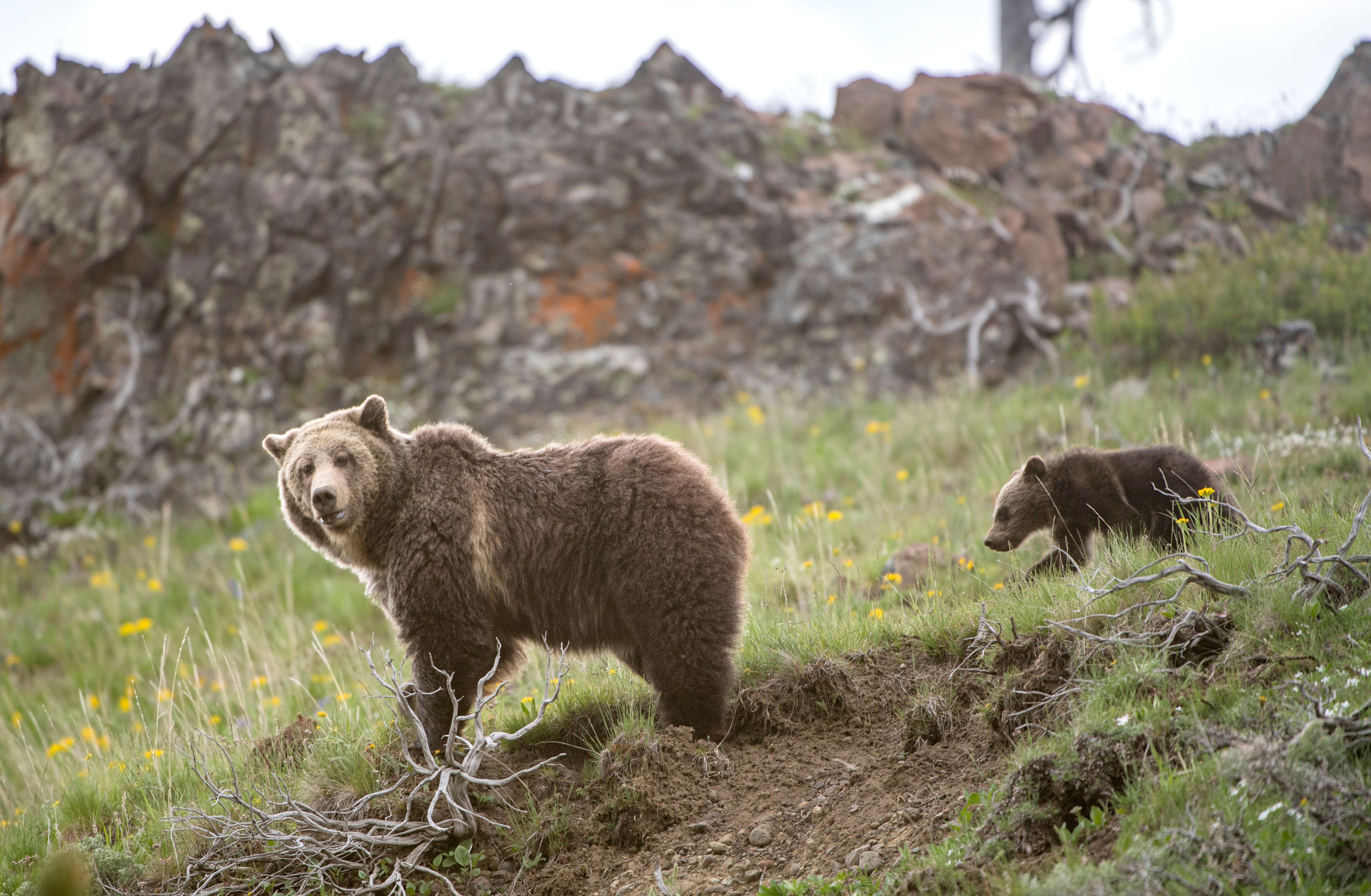Is It Time to Stop Protecting the Grizzly Bear?
Grizzly bears have long been a symbol of the wild and untamed wilderness, but their populations have been facing increasing threats in recent years. With habitat loss, climate change, and human-wildlife conflicts on the rise, some people are starting to question whether the current protections for grizzly bears are still necessary.
On one hand, there is a strong argument for continuing to protect grizzly bears. These majestic creatures play a crucial role in maintaining healthy ecosystems, and their disappearance could have far-reaching consequences. Additionally, many people believe that it is our moral duty to preserve these iconic animals for future generations.
However, there are also valid concerns about the economic impact of protecting grizzly bears. Some argue that the costs of conservation efforts are too high, especially for communities that rely on activities like logging, mining, and agriculture in grizzly bear habitat. There are also safety concerns as human-bear conflicts continue to increase.
Ultimately, the decision to continue or stop protecting grizzly bears is a complex and multifaceted issue. It requires careful consideration of both ecological and socio-economic factors, as well as input from scientists, policymakers, and local communities. Finding a balance between conservation and human needs is crucial for ensuring the long-term survival of these magnificent creatures.
In conclusion, while there are valid arguments on both sides of the debate, the importance of protecting grizzly bears cannot be understated. The challenge lies in finding innovative solutions that address the concerns of all stakeholders while prioritizing the well-being of these iconic animals.






More Stories
Congress Demands Answers on Data Privacy Ahead of 23andMe Sale
A European Startup’s Spacecraft Made It to Orbit. Now It’s Lost at Sea
The Largest Camera Ever Built Releases Its First Images of the Cosmos